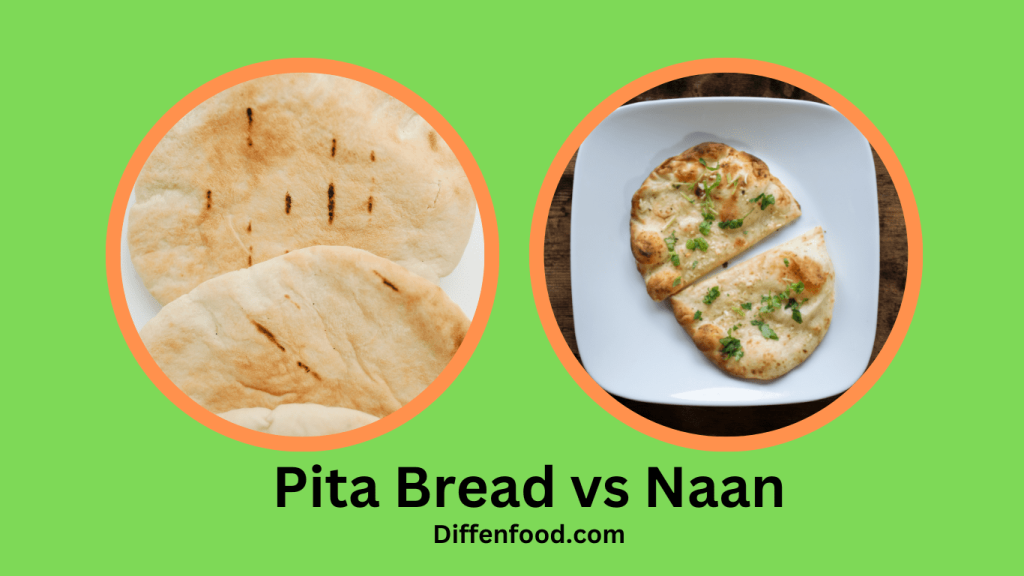
Baking is an art that requires precise measurements and the right ingredients. For many recipes, eggs are an essential component that helps create a perfectly light and fluffy texture. Unfortunately, not everyone can tolerate eggs, and it can be difficult to find an egg substitute that will yield the same results. Fortunately, there are a few egg substitutes for baking that can be used to create delicious treats without sacrificing texture or flavor. In this article, we’ll take an in-depth look at egg substitutes for baking, including the types, how to use them, and how to adjust your baking recipes accordingly.
What are Egg Substitutes for Baking?
Egg substitutes for baking are ingredients that are used in place of eggs in recipes. They are typically used by people who are allergic to eggs, vegan, or trying to reduce their cholesterol intake. Egg substitutes are designed to provide the same texture, flavor, and binding properties as eggs without the use of eggs.
There are several types of egg substitutes for baking, including store-bought products, natural egg substitutes, and vegan egg substitutes. Store-bought products are usually made with starches, gums, and proteins, while natural egg substitutes are made from ingredients you likely already have on hand, such as mashed bananas, applesauce, flaxseed meal, and chia seeds. Vegan egg substitutes are made with vegan-friendly ingredients such as tofu, aquafaba, and nutritional yeast.
How to Use Egg Substitutes for Baking
Using egg substitutes for baking is relatively simple. Depending on the type of egg substitute you’re using, you’ll need to adjust the amount of liquid in the recipe. For instance, if you’re using a store-bought egg substitute, you’ll want to reduce the amount of liquid in the recipe by 1/4 cup for every egg you’re replacing. Natural egg substitutes, on the other hand, generally don’t require any adjustment to the liquid in the recipe.
In addition, you may need to adjust the baking temperature or time. For instance, if you’re using an egg substitute in a cake recipe, you may need to reduce the baking temperature by 25°F and increase the baking time by 5 to 10 minutes to ensure the cake is cooked through.
Common Egg Substitutes for Baking
Here are a few of the most common egg substitutes for baking:
Store-Bought Egg Substitutes
Store-bought egg substitutes are designed to mimic the properties of eggs without the use of eggs. They are usually made with starches, gums, and proteins, and are often found in the baking aisle of grocery stores. Some popular brands include:
– Bob’s Red Mill Egg Replacer
– Ener-G Egg Replacer
– Orgran Egg Replacer
Natural Egg Substitutes
Natural egg substitutes are made with ingredients you likely already have on hand, such as mashed bananas, applesauce, flaxseed meal, and chia seeds. They are often used in vegan baking, as they provide the same texture and binding properties as eggs.
Vegan Egg Substitutes
Vegan egg substitutes are made with vegan-friendly ingredients such as tofu, aquafaba, and nutritional yeast. They are typically used in vegan baking, as they provide the same texture and binding properties as eggs without the use of eggs.
Tips for Baking with Egg Substitutes
When baking with egg substitutes, there are a few tips you should keep in mind to ensure your recipes turn out perfectly.
First, make sure to measure your ingredients carefully, as too much or too little of an egg substitute can affect the texture of your baked goods.
Second, adjust the baking temperature or time according to the type of egg substitute you’re using. This will ensure your treats are cooked through without becoming dry or overly browned.
Third, be aware that egg substitutes can change the flavor of your baked goods. Natural egg substitutes, such as mashed banana and applesauce, will add a subtle sweetness to your recipes, while vegan egg substitutes, such as tofu and nutritional yeast, may impart a slightly “beany” flavor.
Conclusion
Egg substitutes for baking can be a great way to create delicious treats without sacrificing texture or flavor. Whether you’re vegan, have an egg allergy, or just want to reduce your cholesterol intake, there are several egg substitutes that can be used in place of eggs in your favorite recipes. Just be sure to measure your ingredients carefully, adjust the baking temperature or time as needed, and be aware that egg substitutes can change the flavor of your baked goods. With a little bit of practice, you’ll be able to create delicious treats with egg substitutes in no time!


